Karachi’s mean streets turn generous for these urchins
Raju, Abdul Majeed and Akram may not know how old they are but they do know that they are “too young to fast”.
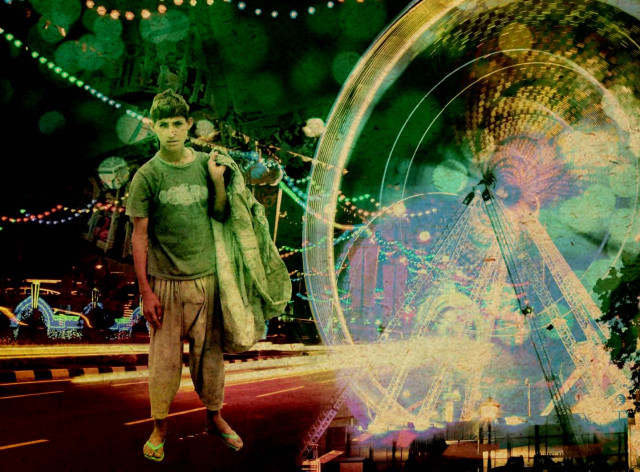
The three children do not exactly fall in the category of beggars since they live with their parents but they are definitely of the street, spending their days roaming the roads and casually asking people for money.
Raju and Akram are brothers while Abdul Majeed is a friend who lives in the neighbourhood. “Sometimes we take home money, sometimes food or anything else that people give us,” explained Abdul Majeed.
The three children might compete to see who gets more money but at the end of the day, they make sure that they all have the same amount by distributing their individual victories among themselves.
Out on the streets, the children try and get something to take back home. Since there is no regular source of income for them, the children’s additions to their meals is sometimes all that the families get.
This is why Ramazan is definitely a holy month for them. “People are more generous in the month, we get lots of food and fruit,” said Raju happily
“Sometimes the fruit vendor gives us bananas or apples for free or for just Rs10 and sometimes we manage to collect Iftar to take home from people who are distributing it on roads or in buses,” Abdul Majeed chipped in.
Eid too comes down to the perks associated with the day. They get Eidi and can spend the day on the swings, which are rolled in on wheels into their areas on special occasions.
“Last Eid I managed to collect Rs480,” bragged Akram, “I sat on the jhoola eight times in a day!”
For Qasim, however, Eid is mostly a lonely affair. Although he goes to the cinema with his friends, the rest of the day is spent alone. He has been estranged from his family for the last three years because of his drug addiction. He ran away from home because of it and now only calls his family on Eid, “for the sake of the occasion”.
“I make the excuse that I can’t come home because I don’t have money to buy the ticket,” Qasim said.
According to the owner of NGO Initiator, Rana Asif Habib, most street children have some concept of Ramazan and what it entails. Habib has been working for the welfare of street children since 2003. He feels that a majority of these children refrain from whatever bad habits they can avoid.
Habib said that while most street children do not fast they are respectful of the month. “At my NGO I have observed that they even try and avoid calling each other names during Ramazan,” he said.
His claim was reflected in at least one teenager, Kalam, who admitted to picking pockets for his living. “I only take from the rich, who already have so much money in their wallets that they don’t lose out on too much,” he justified, adding that he had learnt the trait from his uncle. For his part, Kalam does not pick pockets of people going to and from mosques in Ramazan.
Bhola and Baby are the children of a drain cleaner in Gulshan-e-Iqbal. Learning from their father, the brother and sister too open clogged gutters. The children get anywhere from Rs30 to Rs80 for unclogging a gutter, which is far less than what their father gets for the same work.
They are Christians but Ramazan is still a favourite month since they too get free food-even if it requires a white lie or two.
“Fruit vendors always give us free fruit if we say we are fasting,” reveals Baby.
Khudadad Khan, on the other hand, fasts everyday. “Life in Ramazan is not that different for me other than the free iftar I get at a hotel in Defence market,” he said. Khan is a scavenger. He collects cardboard pieces in a large sack at garbage dumps and at the end of the day sells it at Kala Pul for Rs150 to Rs200 per day.
According to Habib’s estimates, at present there are more than 35,000 children living on streets in the city, with 90 per cent of these being boys.
Having met almost 50,000 street children in his career, he said that most of the children do not work on Eid and go to Clifton or to the shrine of Abdullah Shah Ghazi or cinema houses to celebrate the day. “Many of them even save up money to buy gifts for their mothers and sisters on Eid,” he added.
Published in The Express Tribune, September 2nd, 2010.


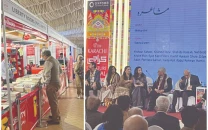

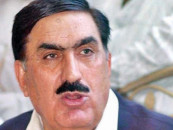
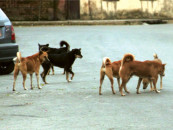
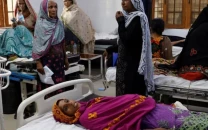












COMMENTS
Comments are moderated and generally will be posted if they are on-topic and not abusive.
For more information, please see our Comments FAQ